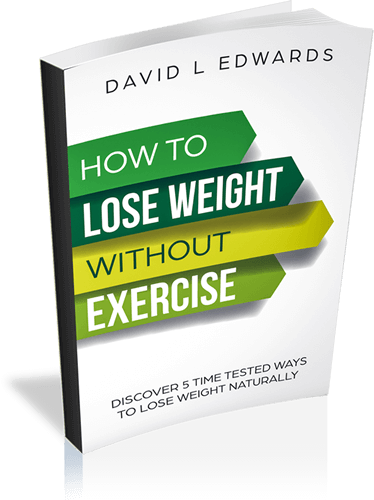 Anxiety & Depression
Anxiety & Depression
Anxiety and depression are one of the most common health concerns people have when visiting my office.
In Chinese Medicine there are several causes of these conditions, and they are all physical. First, David determines the causes for the problem using Pulse Diagnosis and a physical exam.
One of the most common causes of Anxiety and depression Chinese medicine has identifies (not yet recognised by western medicine) is an insufficient blood flow through the vessels of the heart. For mild forms of anxiety and depression, the success rate is encouraging.
For severe problems such as schizophrenia, Western Medicine has a better success rate.
Attention Deficit Disorder (ADD)
In Chinese Medicine, the most common cause of ADD are weakness of the Lung, adrenal gland, and thyroid combined with slight anaemia. Excessive inflammation in the body causing enormous agitation is another common cause. In either case, Chinese Medicine is efficient, especially with children.
Insomnia
Insomnia makes everything worse — pain, anxiety, digestive disorders and a host of other problems. In Western Medicine, pharmaceutical drugs are often the treatment of choice. The problem with some of these drugs, is that they can cause severe allergic reactions, facial swelling and unusual behaviours.
The inability to sleep well is one of the most frustrating experiences a patient can suffer. Insomnia makes everything worse — pain, anxiety, digestive disorders and a host of other problems.
Post Partum Depression
Giving birth is one of the biggest strains on the human body any person can go through. The loss of blood and fluid at birth, combined with lack of sleep lead many women to become tired and prone to depression. One of the gifts Chinese Medicine has is “tonifying” herbs. These can be used to replenish and rebuild the strength of a woman experiencing postpartum depression.
Addiction
Treating smoking, drug, or alcohol addiction using Acupuncture has been well researched. The findings show the success rate is about the same as other methods. Up to 50% may find benefit. For this reason, I combine Acupuncture and Chinese herbal medicine, which further increases the success rate.
The role of Acupuncture in nicotine addiction isn’t limited to a reduction in cravings. Acupuncture has been shown to promote relaxation and improve sleep.
Moreover, Acupuncture can be used to treat disorders associated with smoking, such as damage to the broncho-pulmonary and cardiovascular systems and the symptoms from withdrawal. In my experience, the effectiveness of Acupuncture to stop smoking varies depending on the length of time the patient has been smoking, their health, and frequency of treatment.






 Enter your name and email address below so we know where to send your free copy:
Enter your name and email address below so we know where to send your free copy: